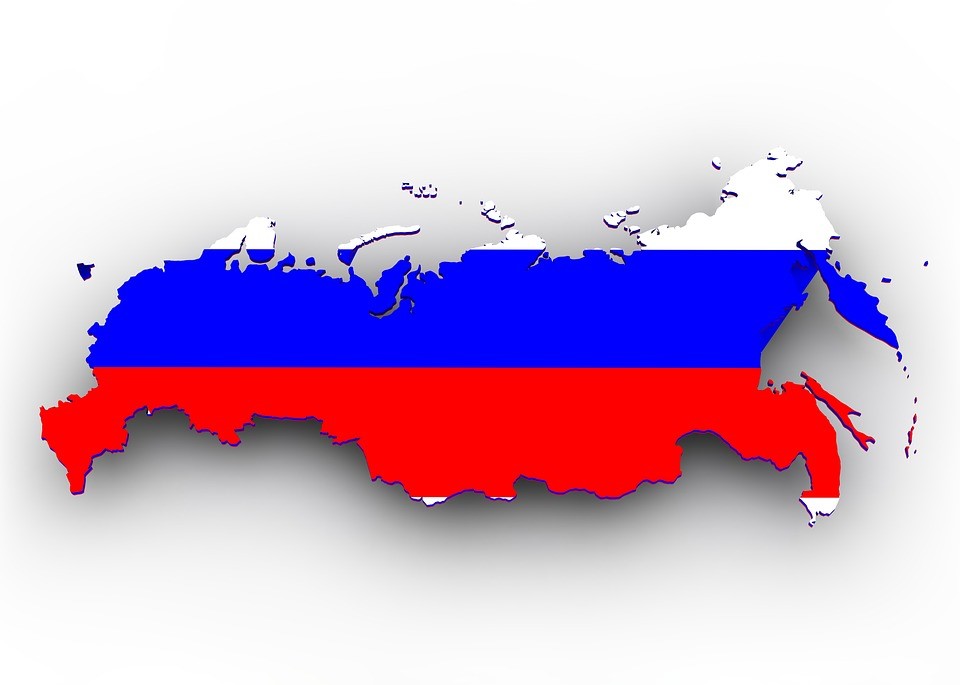Strength and weakness can be described in terms of a state’s military capabilities. Does it possess a large number of nuclear weapons? Are there many men in uniform? Does the country float attack submarines and fly modern fighter jets?
There is, however, another telltale sign that is, perhaps, even more indicative of the true strength or weakness of a society. Evidence of it occurs when party apparats of a nation-state, like Russia, and its President Vladimir Putin, fail to show the slightest consideration for its own population.
The disintegration of the Soviet Union, its 1991 Christmas gift to the world, tells only part of the story. We are witnessing the devolution of a country that had great potential. Its story unfolds today through a single example that explains why Russia, despite Putin’s attempt to recreate a Russian Empire, will ultimately fail. It also illuminates what needs to transform within the country for it to be a strong state.
Masha Moskaleva is not a name known to the world. Nor is that of her father, Alexei Moskaleva. They should be, however, as they are a prime example of the impact of the disease that terminated the Soviet Union. It has infected Russia today. Masha was a typical 11-year-old girl living about 185 miles south of Moscow in the town of Yefremov… until last month. In 1989 the community had a population of 56,740 people. By 2002 the number of its residents had decreased to 47,256, and in 2010 it stood at 42,350.
This small town is not a thriving metropolis, nor is it close to the political epicenter of the country. Yet the state viewed Masha and Alexei as an existential threat due to Masha’s crayon drawing. A child’s view of the world is colored differently than the political lens of an adult. Masha, then 11 years old, heard about the war in Ukraine. She knew tens of thousands of Russians had died fighting and Putin’s forces were killing innocent women and children. She blamed her country wanted it to end. She expressed herself through a single crayon drawing that changed her life. It is one that betrays Russia’s greatest weakness the world at large. Masha’s picture showed a clear sunny day with two stick-like missiles heading into Ukraine. On the other side was a mother dressed in the colors of Ukraine’s flag, holding a toddler’s hand, with her other raised trying to stop the incoming missiles. Behind them was a blue and yellow Ukrainian flag and an outline of two mountain peaks. On her drawing she wrote in Russian “Putin eats children.”
Masha had no clue about the threat her crayons posed to the Kremlin at the time. That soon changed.
Her father was arrested because of his child’s drawing. Masha was removed from his custody and forced to live with her estranged mother, a person who had abandoned and not seen the child in more than seven years. Alexei fled Russia knowing the sentence he faced. When he arrived in Belarus, another state run by a communist dictator, authorities detained Alexei and turned him over to Russia.
OVD-Info, a human rights group, published Alexei’s letter to his daughter begging her to ask authorities for him, if she was allowed at his hearing. It was of no use. He is now part of the ”disappeared.”
Over 700,000 children from Ukraine have been forcibly evacuated to Russia. Ms. Lvova-Belova, the Children’s Commissioner in Russia, recently called it a “humanitarian campaign” to help abandoned children. Along with Vladimir Putin, she is charged with war crimes by the International Court of Justice.
To determine the strength of society, one needs only to look at how it treats the least among them. In Russia, Masha’s story lifts the veil and exposes how it cares for the children who are its future.
Alexei and Masha’s saga depicts an inherent weakness that breeds inside the core of the Russian dictatorship. If a child, living in a small town far from the epicenter of power inside the Kremlin, can threaten a regime owning nuclear weapons, then it is weak and doomed to demise without a dramatic transformation. What is indicative of the breadth of change needed, is that few Russian citizens are calling out for justice for Masha and her father. The terminal disease common among communist dictatorships has overtaken and spread across the society.
The remaining question is, how long does Russia have before the death rattle ends.
Daria Novak served in the U.S. State Department
